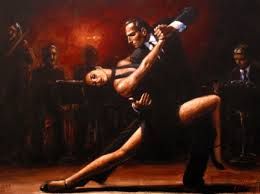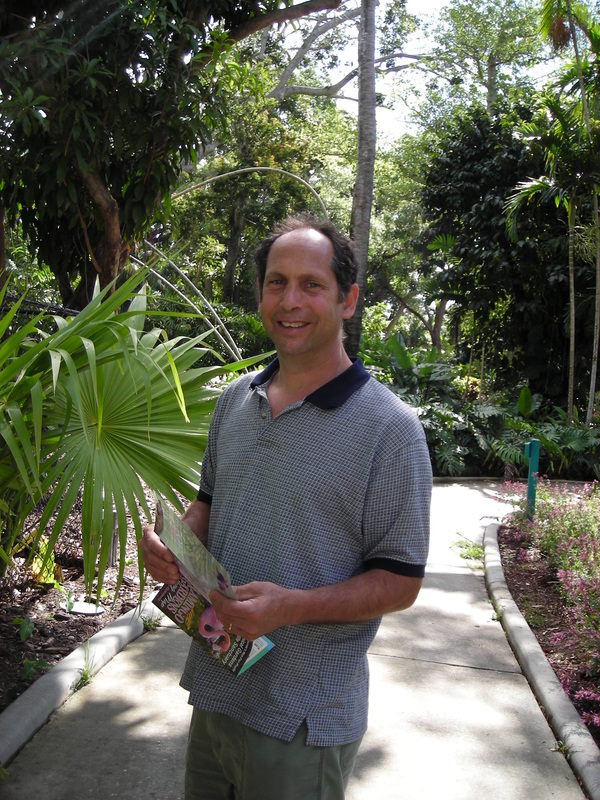Three interesting questions. Here is how Harada answered them: To the question by the young monk he said it is dangerous to think of Zen in this way. This type of thinking is a barrier. Words can never speak the truth of Zen. To the question on freedom he said that these instruments like koans and our method of practice are tools which can be used or not use. Harada also likened kensho to finding a key and a lock that precisely fit. and that Zen cannot be fully understood until one has had this experience. He also said that Zen is not about stopping all thought because then one is dead or unconscious but it is also not about thinking but a subtle place in between, To the last question Harada said, "Thank you."
All of these questions go to the frustration that most Zen practitioners have with actually experiencing kensho. I thought I might answer these questions in my own way in this blog. Most people who are serious Rinzi Zen practitioners, go to sesshins and such, are looking to become enlightened if they already are not enlightened. I think this might be different from those who practice the other popular forms of Buddhism. The Soto Zen people discourage the desire for enlightenment and tell you that practicing itself is enlightenment. The Tibetans simply tell you that it takes many many lifetimes to become enlightened and the Vipassana people talk about being happy through mindfulness. But if you are going to practice Rinzi Zen with it's harsh discipline and koans you probably deeply desire enlightenment. It is that deep desire which drives you on in this practice.
Here in Port Townsend I sit with a small sanga of fifteen or twenty people. A subset of them consider me their teacher. Most of them are daily practitioners who never or almost never go to seven day sesshins yet they all feel their practice important. The research on meditation shows that it has excellent stress reductions properties even for relative beginners. How could learning to discipline the individual mind and enhance concentration and awareness be anything but good? How could learning to break the obsessive patterns of our thought be anything but good.? All of us who practice consistently notice great benefits.
One of the most important lessons that Buddhism has to teach is the anatomy of happiness. This goes right back to the first lesson of Shakyamuni on the Four Noble Truths. We suffer and we create suffering because of the way we think. We are obsessively self centered, filled with desires, and ignorant of the most basic truths. But now think about when you as an individual are happy.
This is a tricky question because most of us would say we are happy when our desires are satisfied But this type of happiness is fleeting because our undisciplined mind quickly desires something else. Then most of us would say we are happy when we are doing something that makes us happy. I love to play tennis. This type of happiness is not as fleeting but again in time it disappears. I cannot play tennis for ever. In either case the Buddhist would say that we should not look to the event making us happy but the state of mind that makes us happy. In all cases we find our self happy when we are free of desire, and not filled with self centered and critical thoughts, which are in effect just desires, As Buddhists we practice to discipline our minds to be free from desire, self centered and critical thoughts. To whatever extent we can do this we can relax into the moment and enjoy whatever is happening.
Sitting early morning Zazen
The Birds awakening the world,
And I am filled with joy
This is the power of Zazen even without kensho. Kensho, that perfect key fitting into that perfect lock is a step beyond finding joy in the moment. It demands that we drop all desires and all self centered and critical thoughts and beyond that drop all ideas of an individual self. And then when you do that the key fits in the lock and a door is open to a whole new way of seeing the world. But, most of us are not ready to step through the door. We don't want to give up the idea of an individual self and so we just take the benefit of being happier.
Now we come to the idea of freedom, and it is just that, an idea, and it goes together with the idea of an individual self.. Without the idea of an individual self the idea we have of freedom doesn't work. Yet we find the idea of freedom so critical to our idea of happiness because we see our own inhibitness as a source of our unhappiness. We want that freedom which the ancient Zen masters seemed to have attained. Our idea of their freedom is just another illusion. Yet the experience of kensho is a liberation. It is a liberation from our illusions and it may also be a liberation from many of our inhibitions.
If I am going to talk about Zen I like the the word harmony. Kensho is not an experience of freedom but of harmony. It is an experience of harmony precisely because the idea of an individual self is dropped and we no longer think of ourselves as independent actors but experience our individual self as embedded in the body of this unbounded Universe dancing in harmony with everything else.
Zen is about experience, it is not about language and it is not about ideas, yet even Zen practitioners cannot help but try to encompass what we are doing in language and ideas. I certainly cannot help it. I am just dancing.


 RSS Feed
RSS Feed